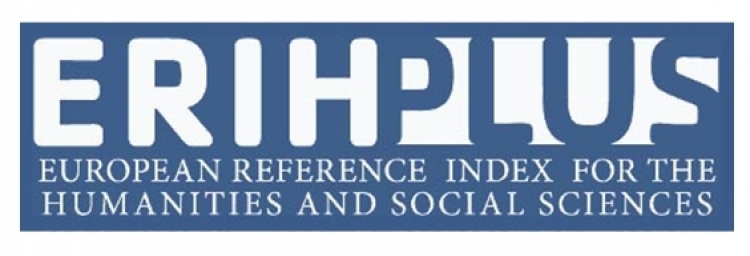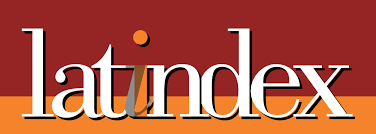Captain Pantoja and the Special Service: a quantitive and qualitive analysis of the translation of culturemes in the Cold War
DOI:
https://doi.org/10.21071/skopos.v7i.6906Keywords:
Intercultura translation, translation canon, Latin American literature.Abstract
In the present study we consider how the cultural transfer of Captain Pantoja and the Special Service by Mario Vargas Llosa was carried out in the Cold War when translation of Latin American literature became a political weapon to capture Southern intellectuals. For this purpose, we extract and classify lexical culturemes, translation techniques as well as errors in the TT from a quantitative and qualitative approach. This operation is performed on the basis of contextual factors that frame and influence both the ST and TT, namely, the historical context, the translation canon and the structure of the novel. These data will reveal the strategies and positioning of translators as cultural mediators and their impact on the final version in English.Downloads
Download data is not yet available.
How to Cite
Rodríguez Muñoz, M. L. (2016). Captain Pantoja and the Special Service: a quantitive and qualitive analysis of the translation of culturemes in the Cold War. Skopos. Revista Internacional De Traducción E Interpretación, 7, 191–214. https://doi.org/10.21071/skopos.v7i.6906
Issue
Section
Artículos de investigación
License
Política propuesta para revistas que ofrecen acceso abierto. Aquellos autores/as que tengan publicaciones con esta revista, aceptan los términos siguientes:
- Los autores/as conservarán sus derechos de autor y garantizarán a la revista el derecho de primera publicación de su obra, el cuál estará simultáneamente sujeto a la Licencia de reconocimiento de Creative Commons que permite a terceros compartir la obra siempre que se indique su autor y su primera publicación esta revista.
- Los autores/as podrán adoptar otros acuerdos de licencia no exclusiva de distribución de la versión de la obra publicada (p. ej.: depositarla en un archivo telemático institucional o publicarla en un volumen monográfico) siempre que se indique la publicación inicial en esta revista.
- Se permite y recomienda a los autores/as difundir su obra a través de Internet (p. ej.: en archivos telemáticos institucionales o en su página web) antes y durante el proceso de envío, lo cual puede producir intercambios interesantes y aumentar las citas de la obra publicada. (Véase El efecto del acceso abierto).








